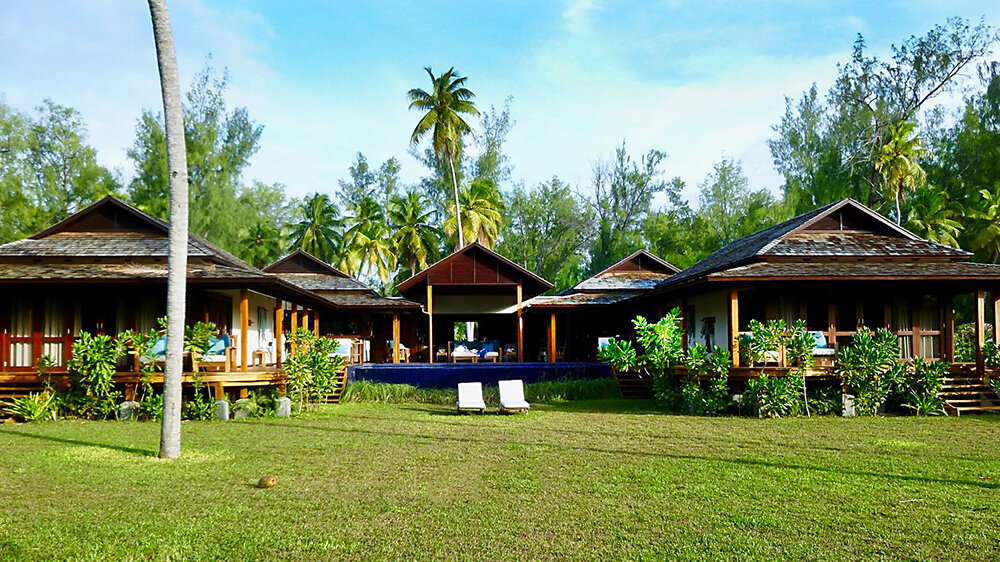Seychelles, an archipelago of 115 islands, offers a unique and attractive destination for foreign investors seeking to purchase property. With its stunning landscapes, political stability, and favorable investment climate, Seychelles has become a popular choice for those looking to invest in real estate. This guide provides an overview of the legal framework governing property ownership in Seychelles, the steps involved in acquiring a property, and the key considerations for foreign investors.
Legal Framework for Property Ownership:
In Seychelles, both local and foreign citizens can own property, subject to certain regulations and approvals. Foreign citizens and companies can purchase properties based on the approval of the Government, but they cannot acquire real estate properties owned by the State. Instead, they can lease such properties on long-term periods. Additionally, non-resident citizens and companies are prohibited from acquiring properties sold under the Seychelles Land Bank Program.
The Villas Policy:
The Villas Policy, introduced in September 2013, specifically addresses the construction and sale of property designed for touristic purposes by non-Seychellois investors. Under this policy, foreign investors can acquire property through long-term leases of up to 99 years on most islands, with the exception of Mahe, Praslin, La Digue, and Cerf Islands.
Steps in Acquiring a Property:
The process of acquiring a property in Seychelles involves several key steps:
- Finding a suitable property and verifying its availability for purchase
- Completing real estate due diligence procedures, including cadastral, administrative, structural, and environmental assessments
- Applying for permission to buy from the Government
- Starting the purchase formalities and signing the necessary documents
- Registering the property with the Land Register after the purchase is completed
- Real Estate Due Diligence:
Real estate due diligence is an essential step in the property acquisition process. It involves verifying the property’s title with the Land Register, checking for any encumbrances, and assessing the property’s structural and environmental impact. While not mandatory, conducting due diligence can help foreign investors make informed decisions and avoid potential issues.
Stamp Duty and Taxes:
Foreign investors acquiring property in Seychelles are subject to various taxes, including stamp duty. Presently, stamp duty stands at 5% of the property’s market value. Additionally, in specific instances like purchasing a holiday home or residential development outside the Villas Policy, an 11% sanction duty is applicable. These taxes contribute to government revenue and help regulate foreign property investment, ensuring sustainable development and protecting the local housing market. While these duties represent financial obligations for foreign investors, they also play a role in balancing economic growth with social and environmental considerations. Understanding and adhering to these tax regulations is crucial for foreign investors seeking to invest in Seychellois real estate while complying with legal requirements and contributing to the country’s development goals.
Conclusion:
Seychelles offers a compelling opportunity for foreign investors looking to purchase property. With its stable political environment, favorable investment climate, and stunning natural beauty, Seychelles has become an attractive destination for those seeking to invest in real estate. By understanding the legal framework, the Villas Policy, and the steps involved in acquiring a property, foreign investors can navigate the process with confidence and make informed decisions about their investments in Seychelles.


